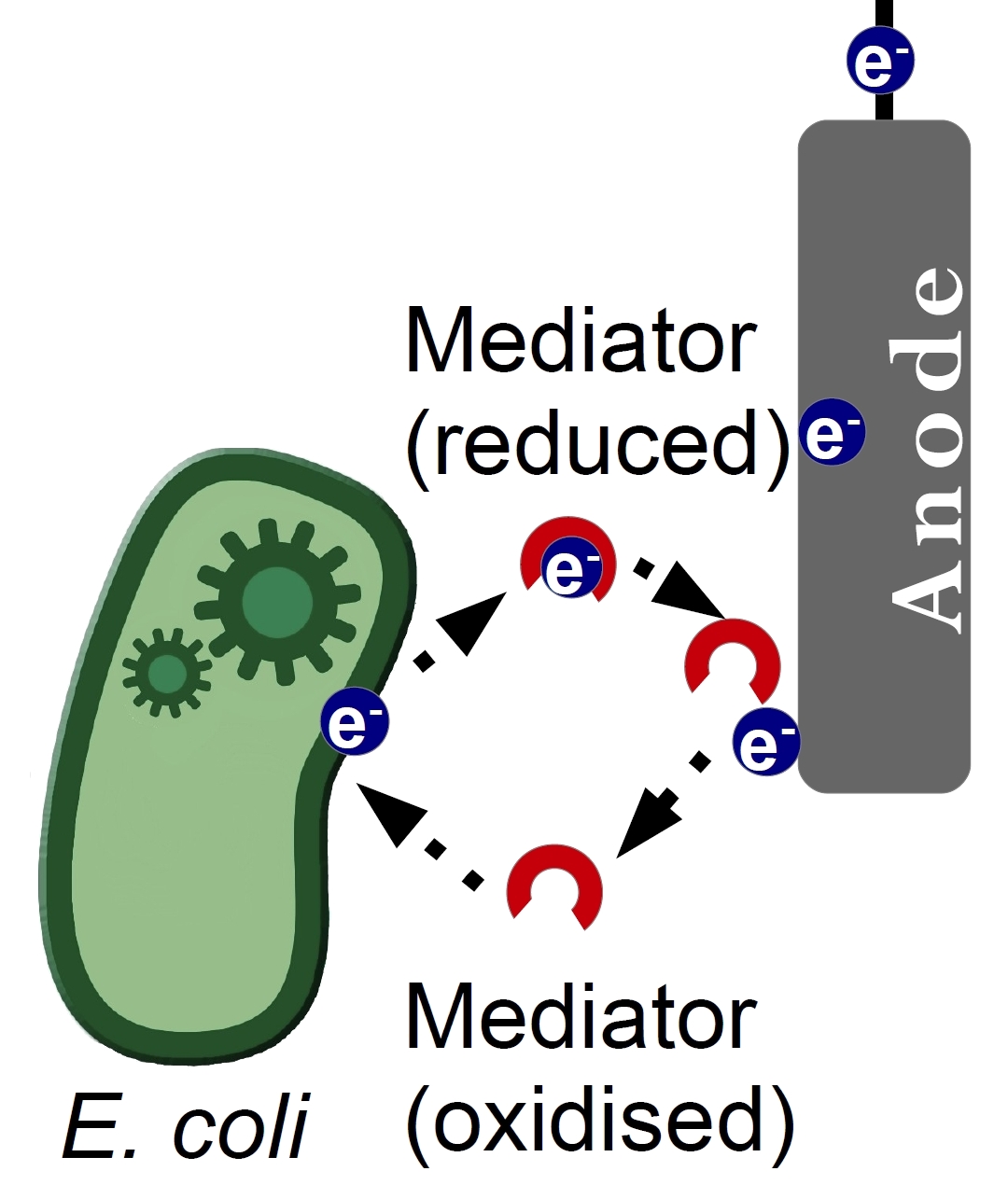Team:Bielefeld-Germany/Project/Mediators
From 2013.igem.org
(Difference between revisions)
| Line 21: | Line 21: | ||
#globalwrapper ul ul{padding-left:40px; padding-right:40px;} | #globalwrapper ul ul{padding-left:40px; padding-right:40px;} | ||
| - | + | #globalwrapper p{padding-left:0px; padding-right:40px;} | |
| Line 56: | Line 56: | ||
.bigbutton{width:140px; height:50px; line-height:50px; font-size:1.1em; margin-right:20px; margin-top:20px; display:table;} | .bigbutton{width:140px; height:50px; line-height:50px; font-size:1.1em; margin-right:20px; margin-top:20px; display:table;} | ||
| - | .bigbutton p{ display: table-cell; vertical-align: middle; padding-left:5px; padding-right:5px;} | + | .bigbutton p{ display:table-cell; vertical-align:middle; padding-left:5px; padding-right:5px;} |
.bigbutton a{display:block; height:100%;} | .bigbutton a{display:block; height:100%;} | ||
</style> | </style> | ||
Revision as of 18:50, 29 September 2013
Mediators
Of great interest is the production of endogenous mediators. The overexpression of glyceroldehydrogenase in E. coli is a promising approach. Because many derivates of glyceroldehydrogenase are small, water-soluble redoxmolecules, they have the properties of a mediator. Futhermore, it will be tested, if there is a possibility of expressing the mediator phenazin. Phenazin is an endogenous mediator of Pseudomonas species.
 "
"

